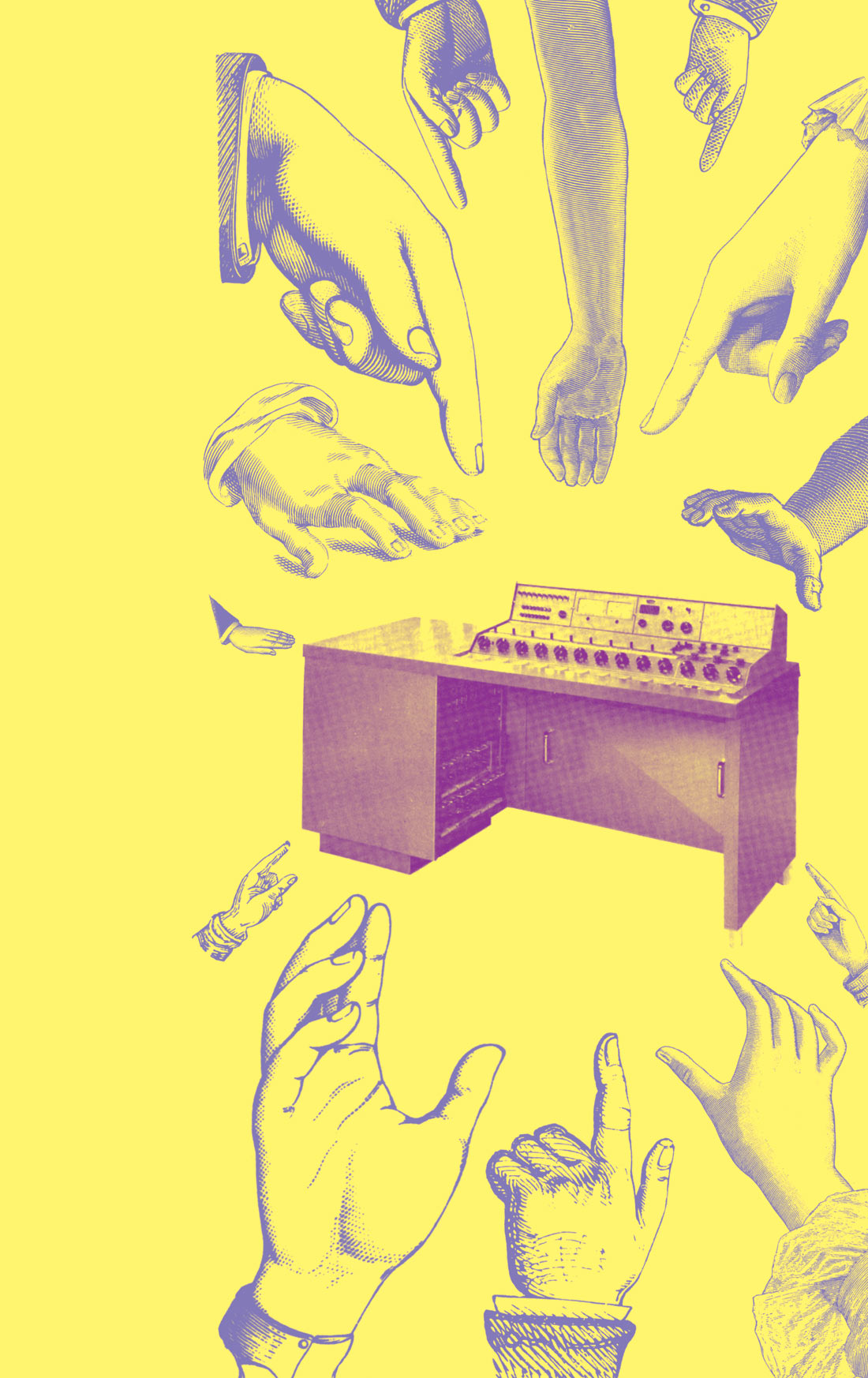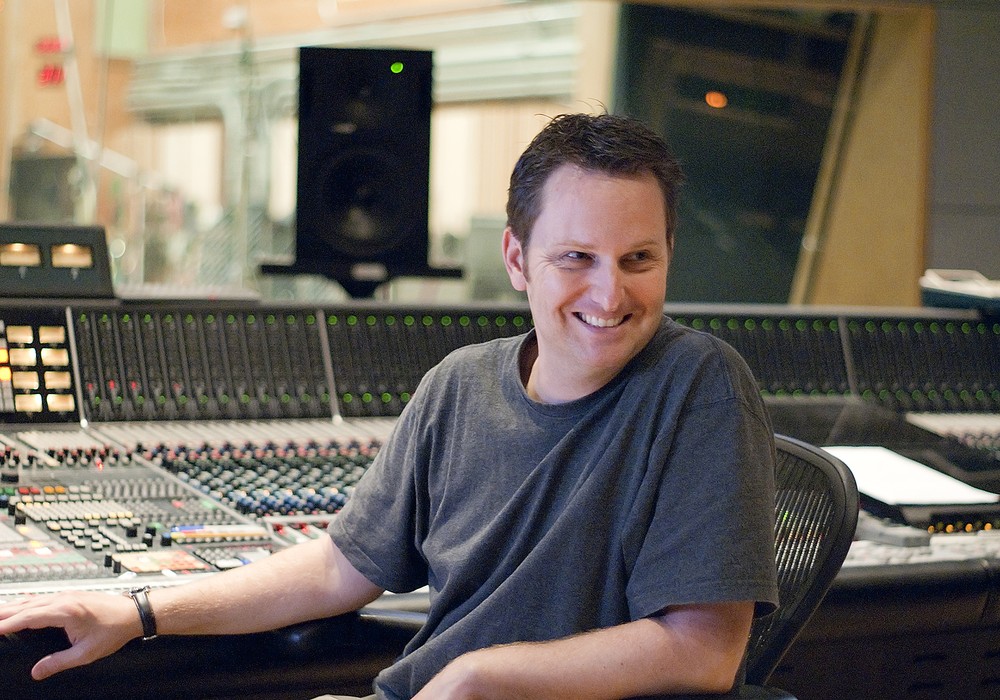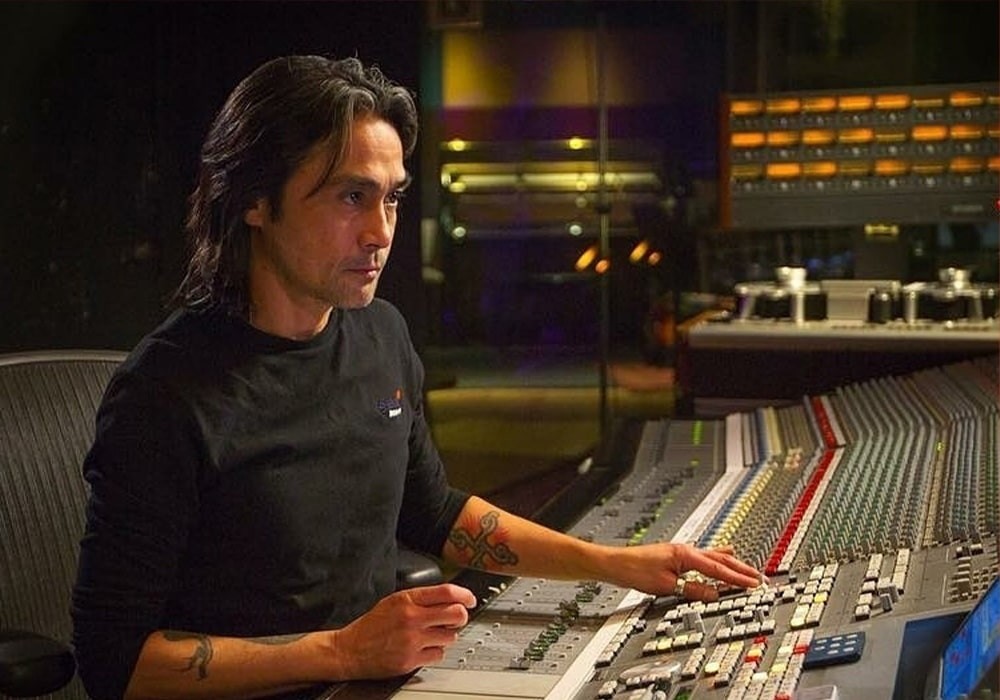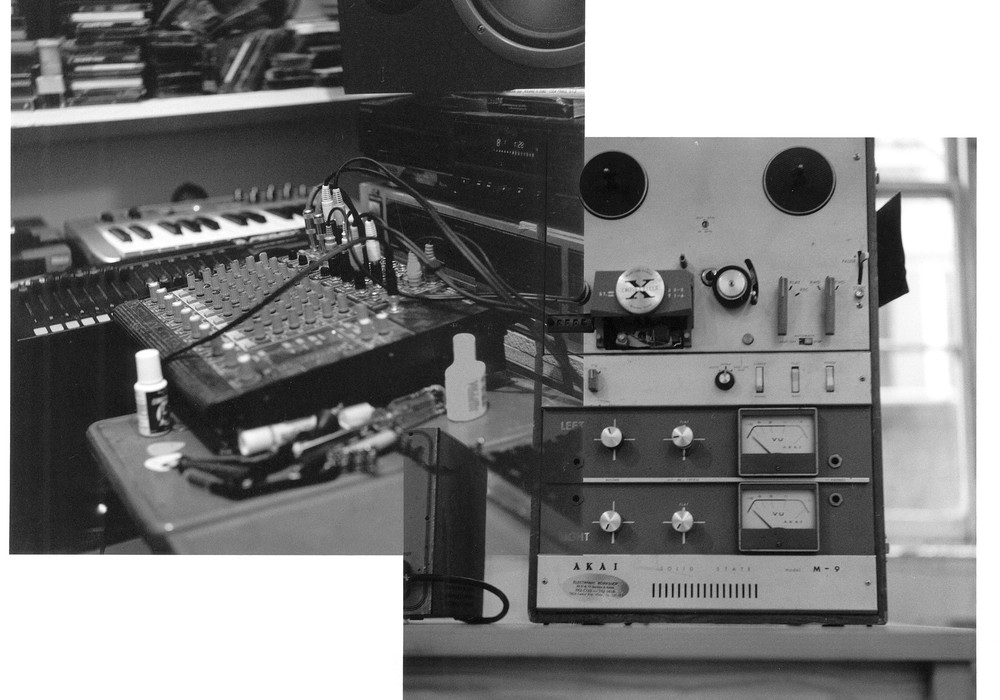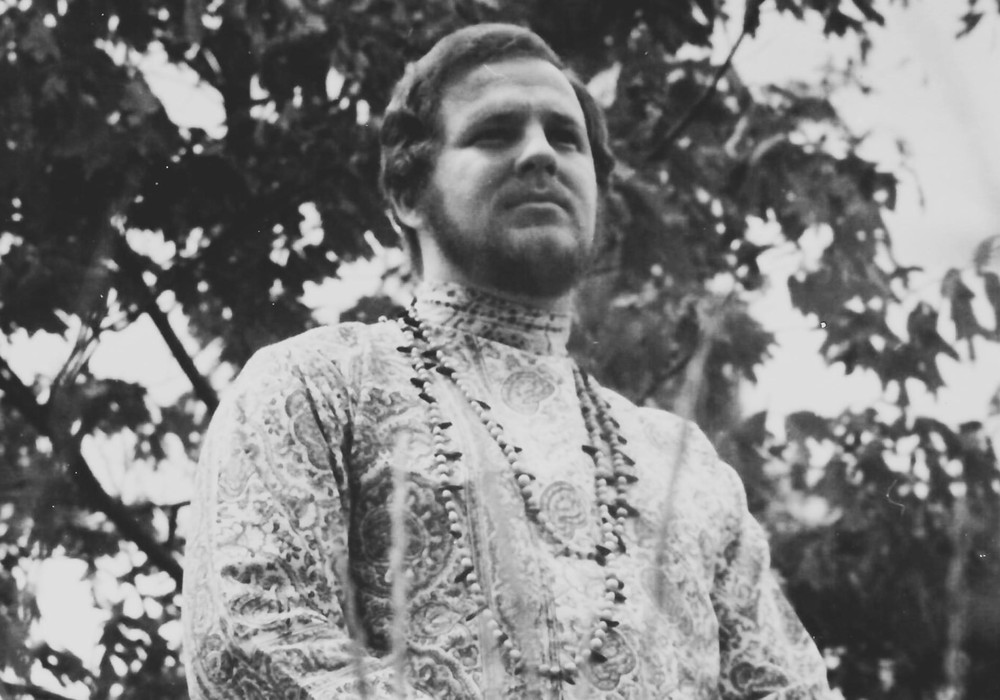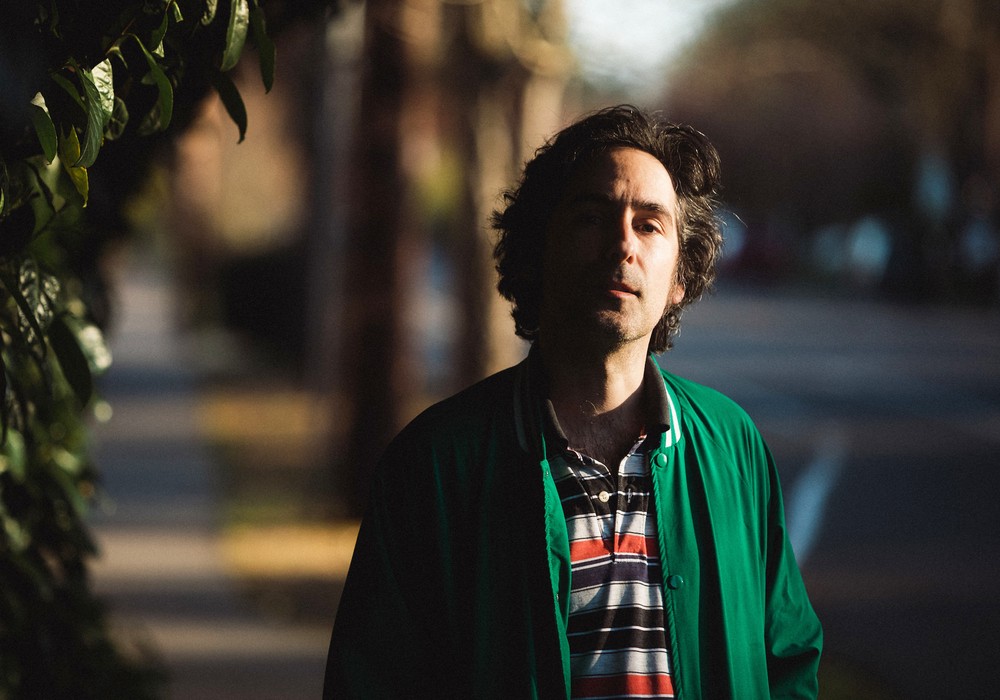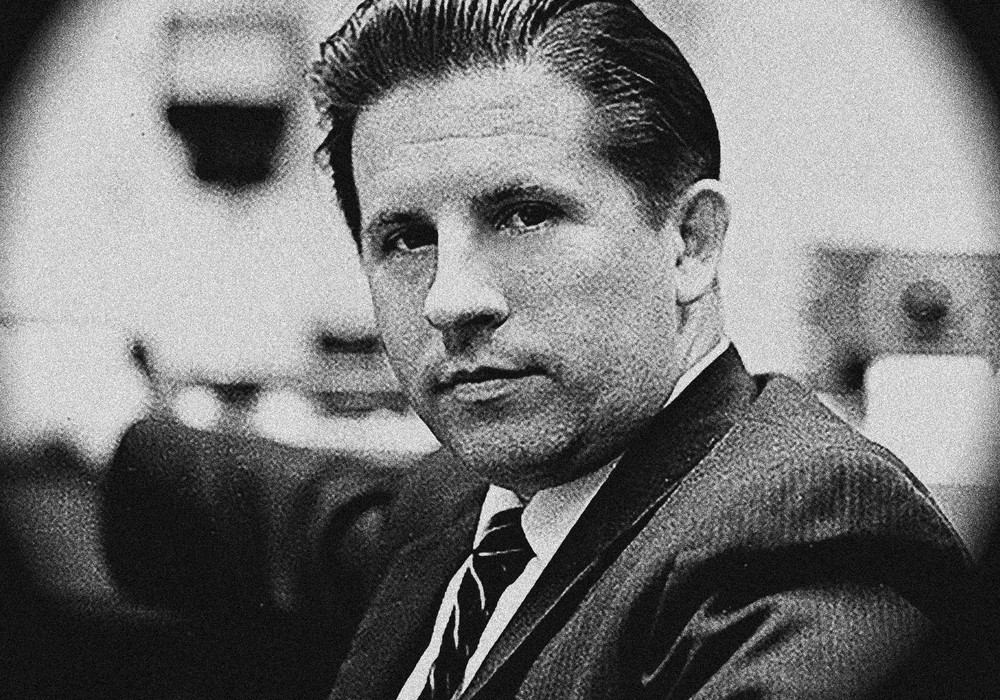Note: If you have sold your car (and re-mortgaged your house) to buy one, stop reading and start chanting: "It's okay to record on a G4, it's okay to record..."
This is not another digital versus analog article, I promise. This is a highly opinionated, anecdotal investigation regarding the uses and misuses of Pro Tools Mix Plus 24 in the context of recording electric/acoustic instruments. While I am stridently pro-analog, I have no problem with the possibilities and promise of digital audio. I am a great champion of MP3 (the little codec that could) and hold the heretical view, at least in the analog world, that CDs are a superior storage medium to vinyl. I will focus on the sound (or, more accurately, my opinion of the sound) of Pro Tools, not on the supposed by-products of digital editing (i.e., decrease in the overall performance level of musicians — slick, lifeless, quantized, over-produced records), nor will I consider the larger question of hard disc recording.
I was reminded time and again by the people I interviewed for the article (many of whom, by the way, did not share my negative feelings about PT) that hearing is subjective and wholly personal. Tony Visconti, the brilliant producer/engineer who worked on over half of Bowie's earth-shattering '70s work, reminded me that hearing is a chemical process of the brain. "The bottom line is that Pro Tools is just a storage medium, just like tape, it does it in a different way." He adds, "Digital recording is still in its infancy and is getting better and better."
My studio, Tiny Telephone, has PT Mix Plus 24, and I've spent countless hours in the past two years using it for looping, sampling, recording and mixing demos. As a result, I have overwhelmingly dour feelings about this soon-to-be studio standard.
There was a time when the only projects in my studio that requested our Pro Tools rig were doing club remixes, sequenced beats, or the occasional rock band seeking Eric Valentine-like sheen [producer for Third Eye Blind, etc...]. But I've noticed a sea change in the past year: bands that have made great home recordings in the past (and who grew up listening to analog classics like the White Album and The Who Sell Out) started asking me about getting Pro Tools for their home studios. They not only wanted to do editing and sequencing on PT, they wanted to record directly into the computer. Indie bands that a few years ago would have been knee-jerk pro-analog would ask about bypassing the 2". "There's so much more we can do there, besides we don't want to buy tape..." And who can blame them? If PT sounded good it would be a dream come true, wouldn't it?
I should come clean: I have been hostile towards digital recording since buying my first ADAT (that I sold my Tascam TSR-8 to get it only made it worse). I had no idea why it sounded bad (I mean look at the specs...) but I was thoroughly uninspired to record on that loser. When I started my studio, I bought the only 2" I could afford, an Ampex MM1000. That beast sounded wonderful, but I lost much sleep (and many sessions) dealing with its idiosyncrasies (i.e., breakdowns). So let's admit it, analog is a major pain in the ass, tape cost is a consideration for any budget, and the whole thing is going the way of the wax cylinder. But while it's here, it will provide us with an important benchmark: in my opinion, nothing sounds better than a properly aligned, well-maintained 2" deck.
For low cost recording, digital can be the right choice, but Pro Tools is another matter. A functional 24 Mix Plus system with 2 888s runs over 20 grand. The first thing people do when they spend that kind of cash is repress any negative feedback their ears are giving them — it took me years to admit that my ADAT was not right for me, and man I was depressed when I finally did. Let's not mince words: Mix Plus 24 is a supreme rip-off — you can start a serious analog studio for that...
